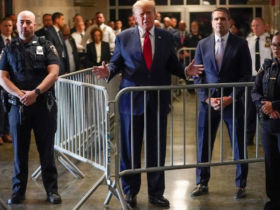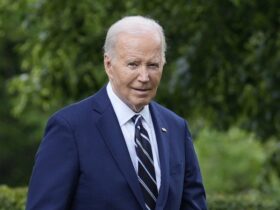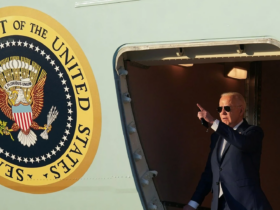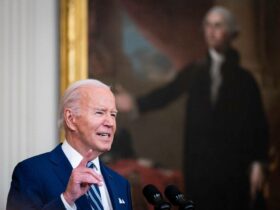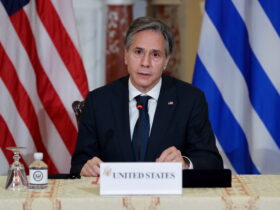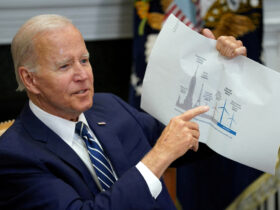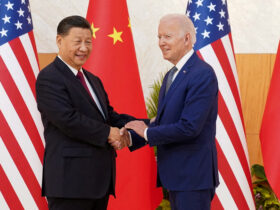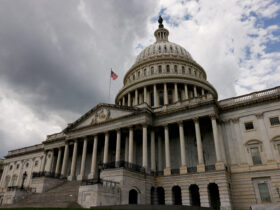United States: The government of Saudi Arabia has reached out to the United States, urging caution in responding to attacks by Yemen’s Houthis on ships in the Red Sea. This appeal aimed to navigate the situation amid the ongoing conflict between Israel and Hamas in the region.
It is noted that the Houthis have joined the conflict, causing disruptions in the Middle East since October 7. According to Reuters, the militant group vows to continue its assaults until Israel stops its attacks on the Gaza Strip.
Who are the Houthis?
It is a part of the Iran-aligned “Axis of Resistance,” a coalition consistently targeting Israel and the US. Reports emphasized that this Yemen-based group supports the Palestinian-backed Hamas, the catalyst for the conflict with Israel. Their ongoing attacks raise concerns about the safety of shipping lanes vital for transporting oil.

Worries from Riyadh’s authorities
The Saudi government expresses concern over the Red Sea as Houthi rockets and drones head towards Israel, as reported by Reuters. Riyadh, a major oil exporter, closely watches missile attacks by the Houthis over its territory.
As the Houthis escalate attacks on ships, insiders reveal that Riyadh’s plea to Washington seeks to prevent further escalation. Sources note that Riyadh is currently satisfied with how the United States is managing the situation.
One source revealed, “They asked the Americans why the Gaza conflict should cease.”
However, the White House remains silent on the situation, and the Saudi government hasn’t responded to Reuters’ inquiries.
Amid Saudi Arabia’s call for a ceasefire to halt what it deems a “barbaric war” in Gaza, its diplomatic moves reflect a broader strategy for regional stability after years of tension with Iran and its affiliates.
Focusing on expanding and diversifying the Saudi economy, Riyadh normalized relations with Tehran this year and aims to disentangle itself from the prolonged conflict with the Houthis in Yemen.
Insiders suggest that Saudi Arabia actively pushes the Yemen peace process, even as the conflict in Gaza continues. Direct peace negotiations between Saudi and Houthi representatives brought over a year of relative tranquility to Yemen.
Houthi assaults during the Hamas-Israel conflict elevate their status within the Iran-aligned faction, alongside Hamas, Lebanon’s Hezbollah, and Iran-backed militias in Iraq.
The Houthis emerged as a significant military force in the Arabian Peninsula, with tens of thousands of fighters and an extensive arsenal of ballistic missiles and armed drones.
Sources in the Iran-aligned faction inform Reuters that Houthi attacks aim to pressure Washington to persuade Israel to cease the Gaza offensive, aligning with Saudi Arabia and other regional nations.
A Tehran-based source reveals that Houthi representatives discussed their attacks with Iranian officials in November, agreeing to a “controlled” approach to contribute to ending the Gaza war.
Despite requests for comment, a Houthi spokesperson remains silent. Iran denies any involvement in the attacks and does not respond to inquiries about Houthi assaults.


